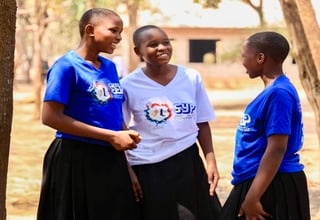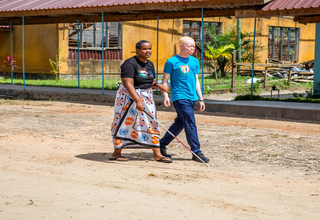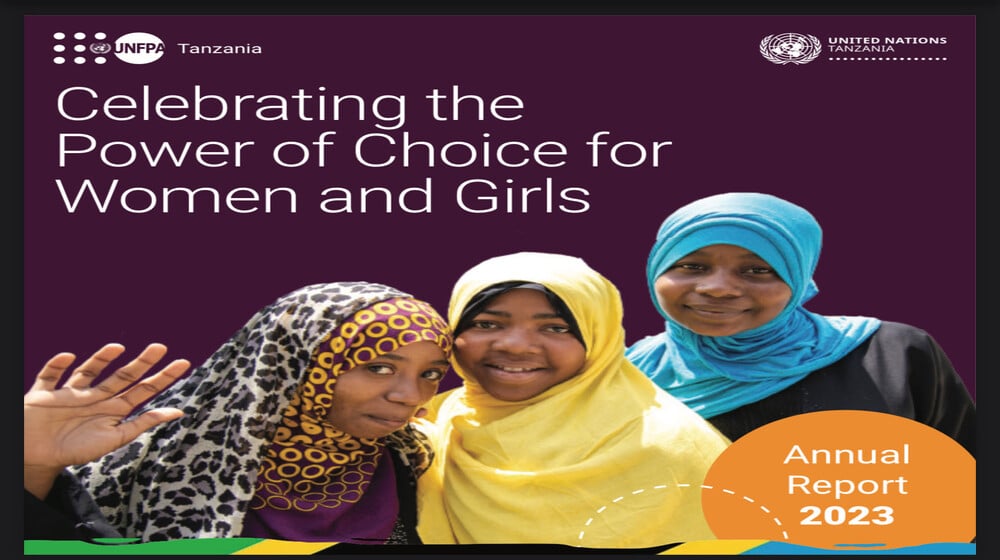You are here
Country profile
As UNFPA continues to implement its ninth country programme (2022-2027) in Tanzania, it does so in a country that is experiencing change. Tanzania is moving steadily towards middle-income status, and changes in the population structure have resulted in a very youthful population; 44 per cent of the population are below the age of 15, and 19 per cent are aged between 15 to 24 years. It is essential to ensure the fruits of development are equitably shared and that no one is left behind.
UNFPA’s programme beneficiaries include women, young people, including adolescent girls, marginalized populations, and those seeking refuge in Tanzania, with a geographical focus on districts with poor sexual and reproductive health and rights indicators. We aim to ‘leave no one behind’, based on the principle of ‘reaching the furthest behind first’.
The power to choose how many children to have rests with individuals and couples. Improving access to quality sexual and reproductive health services, including voluntary family planning for women and men, young people and people living in humanitarian settings is at the core of our mandate.
We continue to work with government to make motherhood safer and are upgrading health centres in rural areas to reduce the long distances that women have to travel to access quality maternal health services. Healthcare staff are also trained so that they have the lifesaving skills needed to reduce maternal and newborn morbidity and mortality.
We recognize that youth must be meaningfully engaged in policy and programme development and focus on including their voice in decisions that affect them - nothing about young people without young people. We work to ensure that this large group of the population are able to make a healthy and safe transition to adulthood, to realize their potential, and to contribute to the development of the country.
We will continue our work with government and other partners for a Tanzania where girls and women can live free from fear, violence and discrimination. Our partnerships with government, national institutions and non-government organizations have yielded results in tackling gender-based violence, including female genital mutilation and child marriage, and we are scaling up efforts to eradicate these harmful practices that violate the human rights of women and girls.
Harnessing data to inform policy and plans; assess performance; and strengthen accountability is also an important component of our work with national statistics institutions. We will continue to strengthen the capacity of government to collect data disaggregated by age and sex. Inclusive and sustainable development can only be achieved if everyone is visible and in that way no one will be left behind.



